Get posts by email
Wrestling with Faith
May 10, 2017
This is the fourth post in The Evolving Journey of Faith blog series.
When I wrote this series it was one long story, too long to publish in one post. So I broke it up into reasonably-sized chunks of text around certain themes and those themes became the blog posts of this series.
This is the longest post in the series and is the "catch-all" post, in which quite a few ideas are presented, because they have to be discussed somewhere. The ideas build on one another and sometimes cycle back to previous ideas in this series. To make it easier to read I've added headings throughout the post that describe the overall theme of the following section of text.
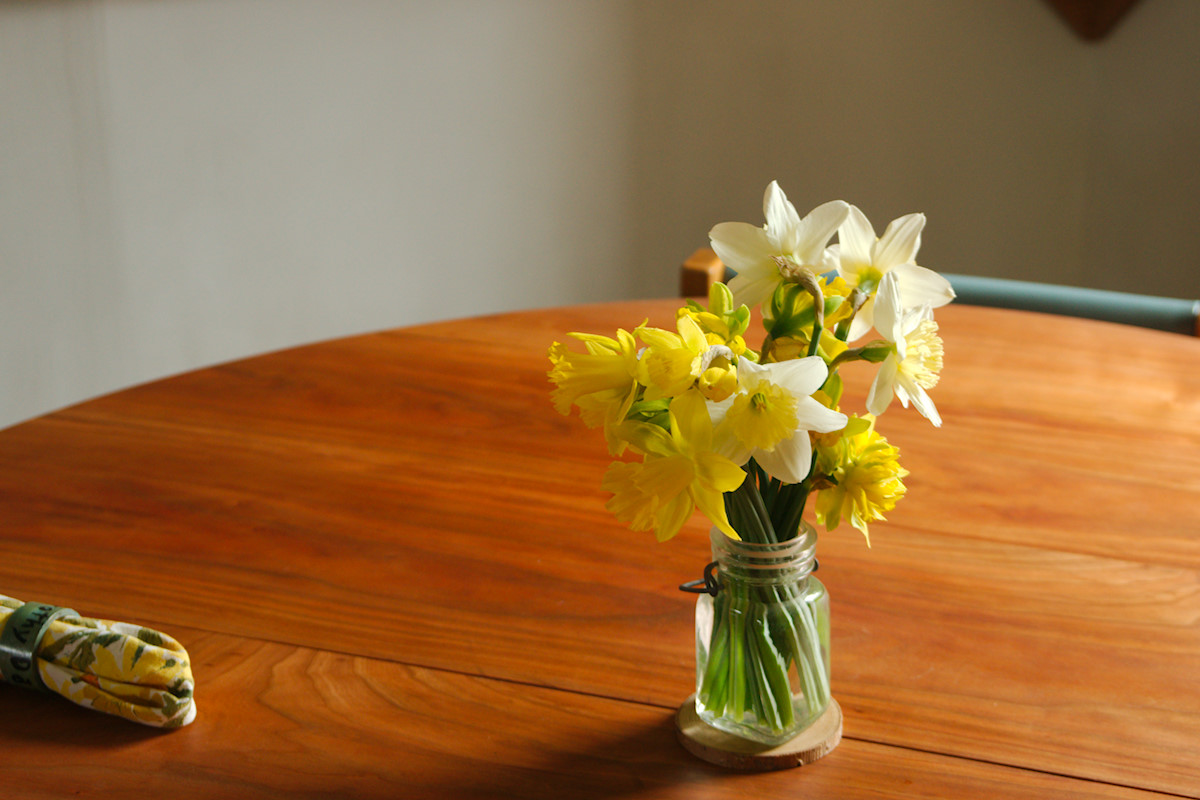
Photos in this post were taken at St. Francis Farm.
Meeting Jesus
I remember accepting Jesus, praying the sinner's prayer as a seven year old child in a group setting, probably at an altar call. The details are fuzzy to me now but I suspect my decision was due to some measure of emotional manipulation. I say this in both kindness and honesty, respecting the end aims of the church of my childhood but also being somewhat skeptical about the means.
Regardless of the means, and even the ends, my heart and mind have remained steadfast in my desire to follow Jesus.
My husband did not grow up in a church or a Christian home, nor did he have a come-to-Jesus moment. He grew into faith as a young adult. By the time I met him in his early twenties, he identified as a Christian, a follower of Jesus, but there was no fixed point for him of decision. It was a process. The contrast of our own two stories is one tiny example of how the journey of faith is unique and varied.
When we got married we decided to embark on a journey together, with Christ as the center and foundation. But what that has meant practically and spiritually has evolved in our twenty years of marriage. Since I had a Christian upbringing and spiritual formation we basically took that heritage and applied it to the new life we were building.
It was a good place to start, but wasn't our own. And discovering our own expression of Christian faith, as individuals and a couple, is the work of a lifetime.
Likewise, we will hand our family faith experiences and teaching to our children and they will build upon that. They will construct their own practice of faith, and it will look different from ours, I am sure of it and I intend to learn from them. My parents have modelled for me how to do this in their own openness, curiosity and engagement with their adult children's evolving and growing faith.
Raising a "Godly" family
Raising children introduced a whole new element into my faith. As a couple, it has been our intention from the start to raise our kids in the light, love, and knowledge of God. Our children will decide for themselves what to believe but it is our prayer that they will choose to follow Jesus.
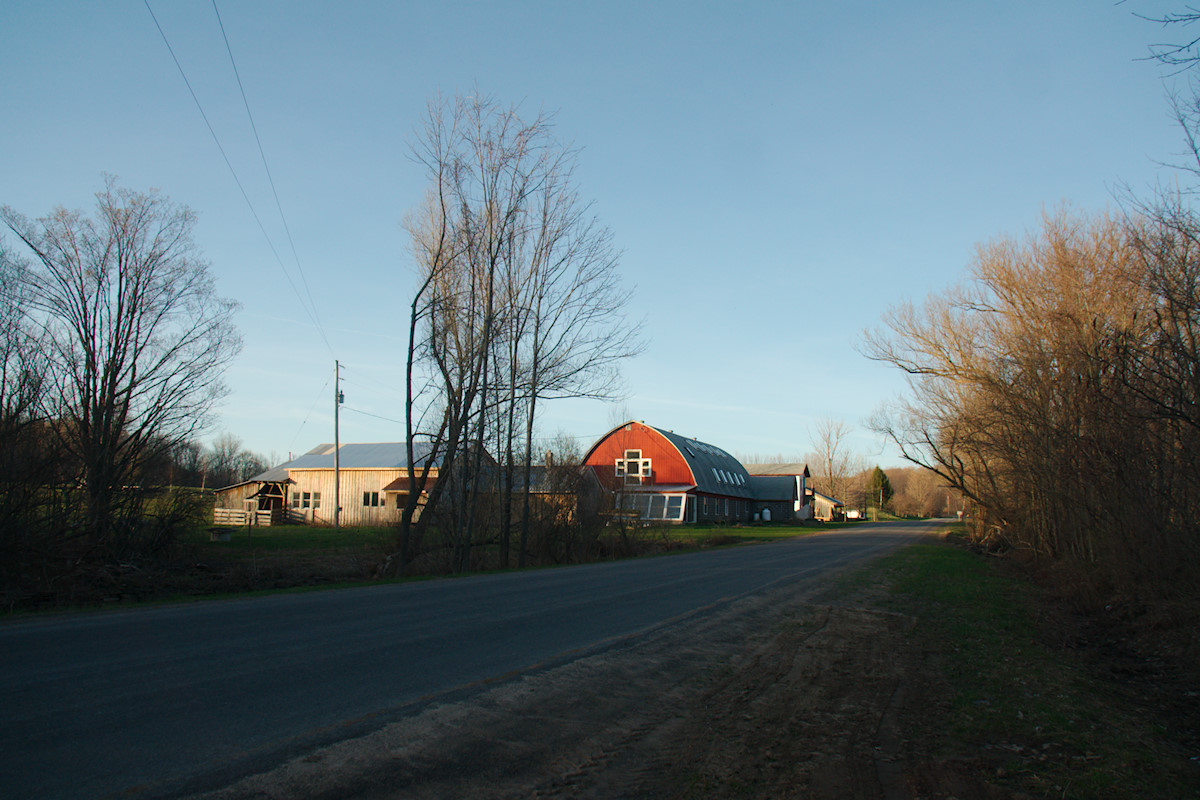
Early in our dating and then engagement relationship we made the decision to homeschool our future children. This was not motivated primarily by religion or faith, or as a means to shield our still unborn children from the evils of public schooling. It was motivated by the freedom, relationship, and vitality we observed in homeschool families we knew.
In my research for preparing to homeschool I came across the "raising Godly families" movement, which was attractive on one level (what Christian doesn't want to raise a "Godly" family?) but didn't hold my interest for long because of how restrictive and prescribed everything felt. I tended to hang-out online and in person with the secular unschoolers, who seemed to enjoy life more and have similar values to my own. I was attracted to the freedom (the antidote to my anxious tendencies) and so we never tracked or followed with the religious-right or fundamentalist segment of the homeschool population. For so many reasons, that just wasn't our gig.
I will say however, I was enticed, and at times wooed by, the implied and explicit promise of this type of parenting, that everything would turn out okay if you just followed these precepts.
Seeking Certitude
I've been willing to explore different expressions of Christian faith and church over the years. And I will admit there is a small part of me that has always been attracted, like a moth to a flame, to the certainty of the fundamentalist viewpoint, the certainty of a literal interpretation of scripture. The certainty of knowing you're right.
As a child, life was certain for me, and secure, in part from how I was taught to view the Bible but also because of the rootedness I had in family and community. I think I've been trying to feel that secure ever since.
As an adult I have sometimes looked for certainty, which is a type of security, in fundamentalist teaching. This has been the pursuit of idols. I'm not saying it's this way for everyone, I only know the darkness in my own heart and it is this: I have a weakness to put my faith in authority and ideas (especially those tagged as "Biblical" and" Godly") over trusting in the Source of all ideas and authority, trusting in God.
By very definition, faith is not certainty. Faith is a reasonable, well-founded hope and hope is a function of struggle. Hope is rooted in the soil of adversity, perseverance and trials.
For me, seeking certitude hasn't been a quest for God, it's been a quest to find a path to truth that can circumvent adversity and trials, which sounds a lot to me like circumventing faith itself. Isn't that a conundrum?!
Is it possible to seek God in the ideas associated with God and miss God entirely?
Maybe this is our original sin, or at least my core sin, to seek security in certainty (if I have all knowledge of good and evil I can make the best choices to avoid adversity), instead of the security of trusting in God in all things and through all things.
Pragmatic faith
That's all quite philosophical and I love to spend time in that space but I'm actually really pragmatic about how people (including myself) live out their Christian faith. You could say it's the "How's that working for you?" test of faith.
This is a metric on which I have also been evaluated; like when my agnostic friend challenged me about my prayer life, and why I was seeking answers in meditation. Was I not finding a connection with God regularly in prayer? What's the point of a faith that doesn't provide this? These, and others, were such good questions and were a Spirit-led wake up call (through an agnostic) to be honest about my prayer practice.
For the record, at this point in my life, I both meditate and pray and they serve different functions and purposes.
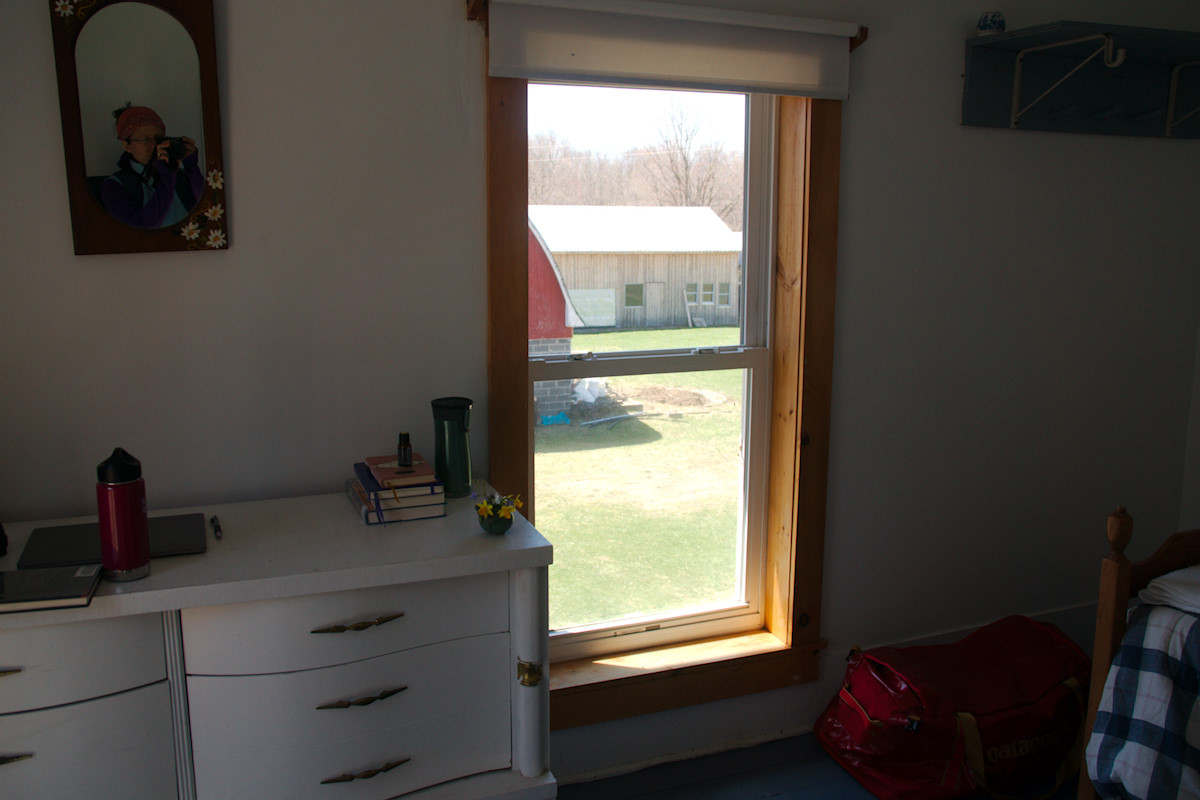
My pragmatic perspective is roughly summed up with, "if it works, who am I to say it doesn't". And one of the ways I define "works" is the evidence of the fruit of the Spirit in someone's life. I cannot wholesale dismiss a practice of faith that bears fruit, whether it's Christian fundamentalism or a non-Christian faith altogether. This issue is more complicated and in-depth for me than one sentence but that sentiment is part of my evolving faith.
Skirting the margins of fundamentalism takes me back to my evangelical roots and where I am in that tent.
Evangelical issues
Hot button topics in the contemporary North American evangelical context have always vexed me - "end times" (this was big issue in my tradition when I was little), the evolution/creation debate (my teenage and university years), preserving "Judeo-Christian" values in society, gender roles, women in church leadership, environmentalism/creation care, and more recently the inclusion of LGBTQ believers, to name a few.
There is a wide swath of conviction about these issues, and others, in the evangelical tent. (Which is to say nothing of the 2016 US election, a subject I have almost completely avoided discussing in the online sphere, which has been so divisive as to rip the tent altogether.)
To generalize and oversimplify the case, in the course of my adulthood, my own conviction in these matters has moved from conservative to liberal stances, from right to left; though my convictions are much more complicated than a label. (As a point of reference: Canadian conservatism is still fairly liberal.)
I've heard it said, and believed myself at various points, that these issues detract energy, at some level, from the core principles of the Christian faith. But I believe they are inextricably connected to the gospel, the good news for all people - that God loves us and that Christ has reconciled us to the Divine and shows us how to live that reconciliation in the world, through the power of the Spirit, to be ministers of hope and healing. How we understand these "issues" affects how we live as agents of reconciliation and hope in the world and vice versa.
The nature of truth
The work of Christ, the gospel, the Bible, faith, is a multi-faceted jewel.
All significant ideas are. People, believers and non-believers alike, will observe the reflection of light off that jewel in different ways. And one's view of that same jewel will change through a lifetime as you see light being reflected and refracted off different facets, different angles.
Which is another way to say truth stays the same but how we see it will change. And naturally, how other people see it will be different from our own perspective.

I've wrestled with this reality of truth - it looks different depending on your perspective. I've wrestled with the divisive issues in the modern Christian context (we tend to forget there have always been divisive issues in the church, as crucial to culture and faith as what we experience now). I've wrestled with my own inconsistency, weakness, and sin. I've wrestled with how to correctly interpret the Bible.
I'm learning to lean into the discomfort of uncertainty, to honestly engage in both critical examination and the faithful following of my beliefs.
Wrestling is not the problem, the word Isreal, the nation and tribe out of which Christianity arose, means to wrestle. It's okay to wrestle with your faith. God can handle it.
The Tricycle model
As I try to figure out the balance between personal perspective, church authority and tradition, and interpreting the Bible, I tend to agree with Richard Rohr, that personal experience is the front wheel on the tricycle of faith, with tradition and the Bible being the back wheels. Our personal experiences lead us into growth and it is the harmony of all three and the reconciling of inner authority (experience) with outer authority (tradition and the Bible) that bring spiritual wisdom and maturity.
By personal experience I do not mean feelings. I mean the experience of the Spirit of God living in me. The experience of being in relationship with people different from myself, which is everyone. The experience of art, music, beauty, traveling, moving, adventuring, being married, raising kids. The experience of culture and community. The experience of living, in relationship with God, self and others. Personal experience is real and formative. And it works together with Biblical authority, church teaching and tradition, as one wheel on the tricycle of Christian belief and truth.

It was my personal experience three years ago that started to unravel a few of my assumptions and interpretations of 20th century and early 21st century evangelical teaching, specifically about the complementary marriage model. I've written about that here, so I won't rehash all of that now, but here's part of my conclusion.
Those holding to the complementarian view of marriage might say: you read it wrong, you did it wrong, you were really messed up woman (no need to remind me), Damien did it wrong, something was wrong here. Wrong, wrong, wrong.
Was it a failure of understanding, a failure of application, a failure of interpretation?
I don't have firm answers, but I'm ok with the questions. I'm ok with the mystery.
I don't know what I think anymore about complementary marriage, but I'm not seeking clarity in defining marital roles right now. And I'm not seeking my security in doing the right thing, or what is expected of me. I'm seeking Jesus.
I am unclear about some things, but here's what I know. I didn't marry an idea of marriage. I didn't even marry a biblical idea. I married a person, Damien. And I am to submit to the work of the Holy Spirit in my life, with Jesus Christ as my example and my Lord. This is what I know and it's good enough for now.
Suffice to say, as that particular interpretation of scripture unraveled for me, because of personal experience, I started to shine a light of inquiry into a lot of the dusty corners of my thinking. Dusty because I had chosen to ignore them for a time, because it can be cognitively exhausting and spiritually unsettling to always be asking questions.
Alignment
Over the years there have been many areas of biblical interpretation and teaching in the evangelical tradition that I haven't been able to align myself with completely. I have not publicly declared a position on these things because it feels like setting yourself up to be attacked, mostly from inside the church. The fact that this statement is true for many people is one of the damning indictments of the church in general, and it grieves me.
My desire to both belong in the church and not misrepresent Jesus to those outside the church have kept me silent on a lot of things. As applied to myself, I have erred towards a more conservative interpretation of scripture, "just to be safe". As applied to others, I have erred towards more liberal interpretations, also "just to be safe".
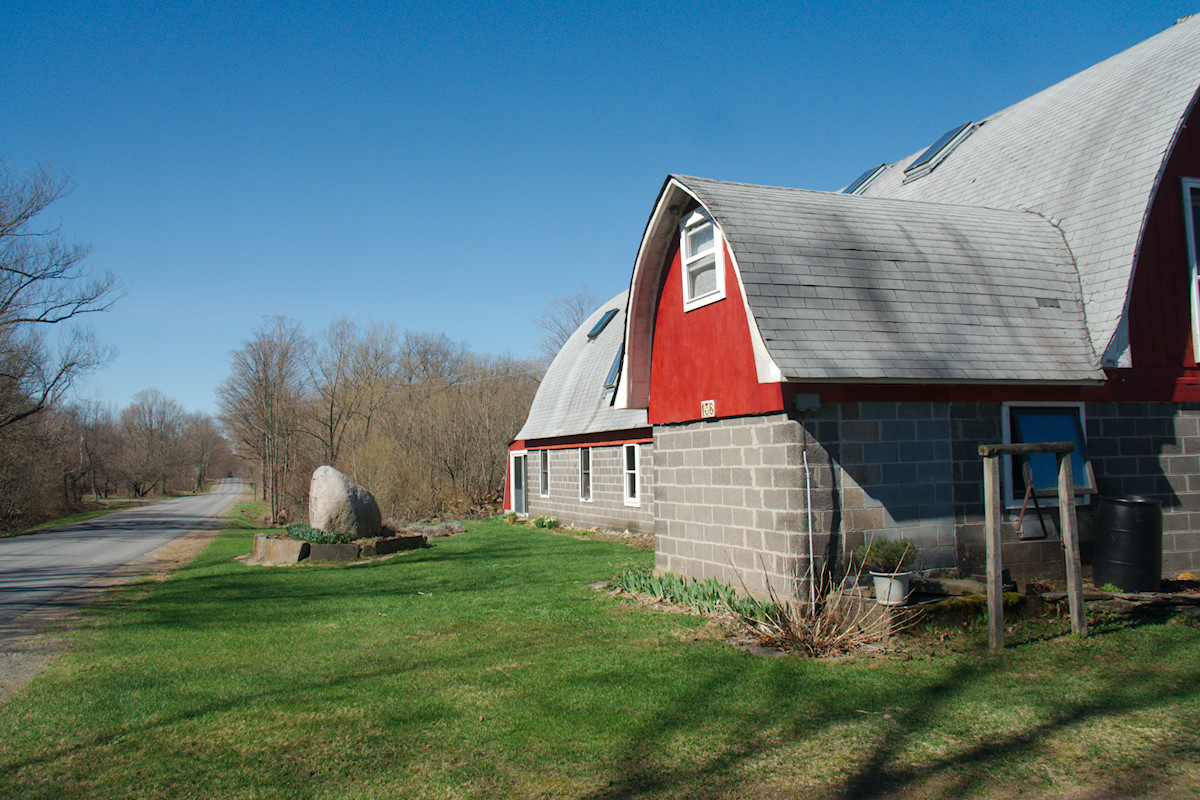
It's a funny dichotomy but it has worked for me in that I have followed the norms of my evangelical community but I am also curious, inclusive, and non-judgemental about how others interpret and live their faith, or don't follow a faith, at all. The tricycle metaphor has fit for me in this regard, my personal relationships with people of different faiths, different lifestyles and beliefs- people different from me - have challenged the back wheels of church tradition and teaching and biblical interpretation.
In the end, I love people more than ideas, more than theories, more than definitions of right and wrong. I love people more than dogma.
I see the perceived weakness of this stance, and the position of some who say it is their love for people which fuels the need to convince the other of the error of their ways. The things I have learned in my personal relationships as a daughter, wife, mother and friend, and in the account of Jesus Christ in the Gospels, have taught me the way of love is not so dogmatic, at least not for me.
Tension & Fear
There is a tension in my life between the front wheel and the back wheels of the tricycle. And over the years I've noticed a pattern in how I deal with this. Sometimes the back wheels are dominant and sometimes the front wheel is dominant. In either of those scenarios the tricycle spins, going in circles essentially, and doesn't move forward much. I aim to have these three wheels working in harmony in my life, and that's where I wrestle.
It takes energy to wrestle with my faith (and it feels like wasted energy when the tricycle is just moving in circles). It can be an intellectually rigorous process and it can shake the foundations, and I don't always have the cognitive energy or the emotional security to challenge and question authority, both outer and inner.
It pains me greatly to think that people with power in faith communities (of all types) will sometimes undermine other people's security in God with fear tactics, for the very reason to stop them from challenging the existing structure and authorities. This happens explicitly and implicitly. Don't ask too many questions. You don't want to go there. You don't want to lose your salvation. The slippery slope.
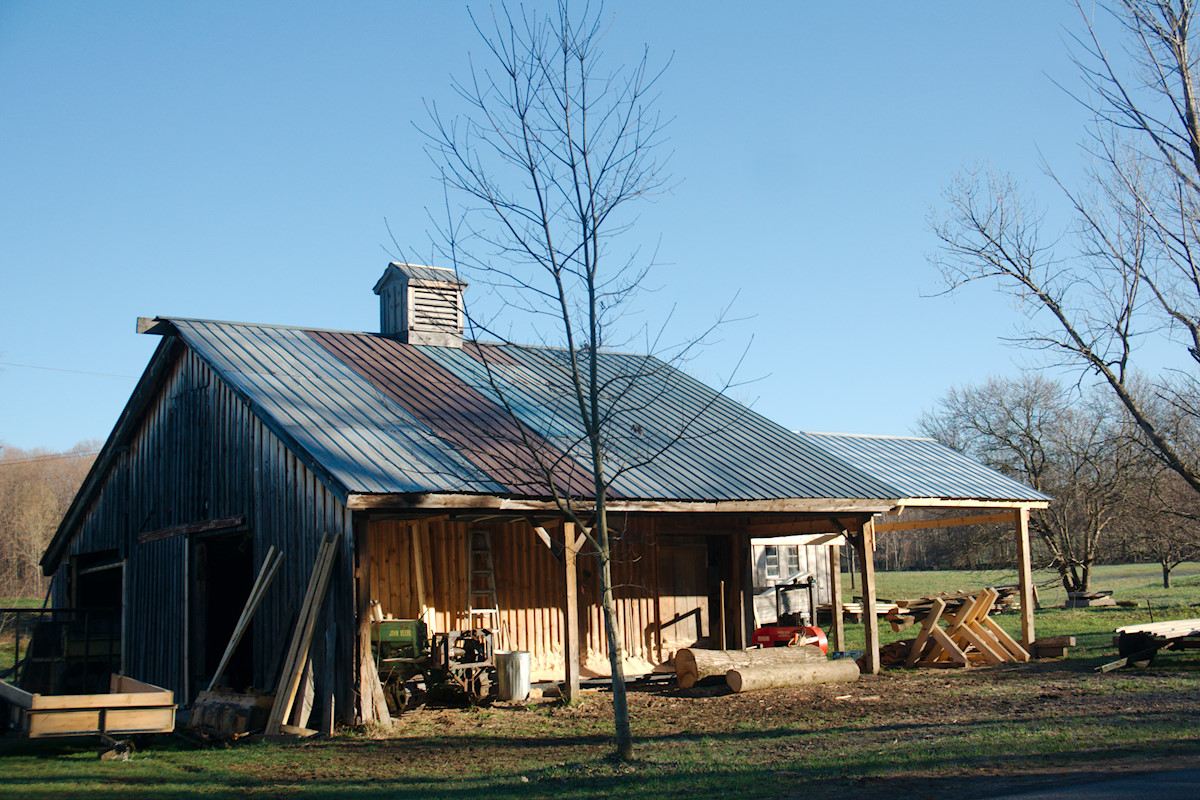
Something has happened to me in the last couple years. I have become hyper-sensitive to fear mongering. Blame it on the elections and the aftermath. Blame it on meditation and becoming more aware of myself and my weaknesses. Blame it on the zeitgeist of the blogs and books I read.
I am an anxious person by nature and I have had anxious responses for years to experiences. I've been aware of some of those, and unaware of others. I am becoming more aware of my own anxiety and the anxiety within communities and societies.
I stand with the apostle Paul on this and "I am convinced that nothing can ever separate us from God’s love. Neither death nor life, neither angels nor demons, neither our fears for today nor our worries about tomorrow — not even the powers of hell can separate us from God’s love. No power in the sky above or in the earth below — indeed, nothing in all creation will ever be able to separate us from the love of God that is revealed in Christ Jesus our Lord."
Freedom
What would it look like for me to live in the freedom of this love? The freedom of no fear. This is the question I am asking myself these days.
In the freedom of no fear I'm open to evaluate my assumptions, preconceived notions, beliefs and to question their foundation. I am free to look at my faith community's assumptions and beliefs. I am free to accept, love, and serve people, as equals, following Christ as my example.
Some people reach this same juncture in the journey after a wholesale rejection of what they used to believe. They've been hurt by authority, they were burnt out by the expectations of the community, the cognitive dissonance between faith and science caused a major disconnect for them and the bottom drops out. The fabric rips and they fall through.

The fabric of my own life has always been held together by a personal experience with Jesus and tight familial love and acceptance, the bottom never dropped out on me, in terms of trusting the core people in my life. The bottom dropped out in trusting myself, in trusting constructs and ideas about God, instead of God, in seeking security in certainty and making the right choices. That's what the breaking was all about.
Next post in this series: Deconstruction.
Filed Under
Part of Series
-

Tammy Edwards on May 10, 2017, 8:52 p.m.
I am thoroughly enjoying and relating to this series of posts! Again, thank you for writing them-it has somehow made my own thoughts clearer and 'okay' to see them written by someone else.
-

Lori on May 11, 2017, 11:24 a.m.
I spend a lot of time reading about Catholicism and If you're interested I recommend the videos and podcasts by Bishop Robert Barron and the books by Scott Hahn. Bishop Barron is all over the internet and YouTube and I really enjoy his style, wisdom and leadership.
For me there is great comfort in being a follower of Jesus and a member of the Church he personally gave to us. Faith, hope and love are such beautiful gifts, aren't they?
I hope you all have a wonderful summer!
-

krista O'Reilly-Davi-Digui on May 11, 2017, 10:28 p.m.
Wow, Renée, this is hard and brave and important work you are doing here. Thank you for letting us in as you do this work. xo
You can subscribe to comments on this article using this form.
If you have already commented on this article, you do not need to do this, as you were automatically subscribed.






Sarah Koch on May 10, 2017, 7:06 p.m.
I have always loved your writing about your faith, Renee (although I am agnostic)... Grateful to have been able to "return" to read this, grateful as always for your sharing your experience and wisdom, for your guidance in living with care and thoughtfulness.
Sending love, Sarah
jane barkey on May 10, 2017, 7:34 p.m.
Hello Renee
I am grateful for your openness and willing to be vulnerable. I am a Christian and am a member of an evangelical church. However, I too find that my faith is ever changing, hoping that means growing. I think we are a fearful sort, I do not mean that in a mean way, but we are comfortable quite often with what feels familiar and safe. I believe that our minds ( or mine ) is way too small to be able to understand God and love. I do not think He is shaken by my doubts or my not quite fitting in my church of choice. I do pray though I can learn to let God be God and to be amazed at his love for us, as we fail and struggle with the development of our faith.